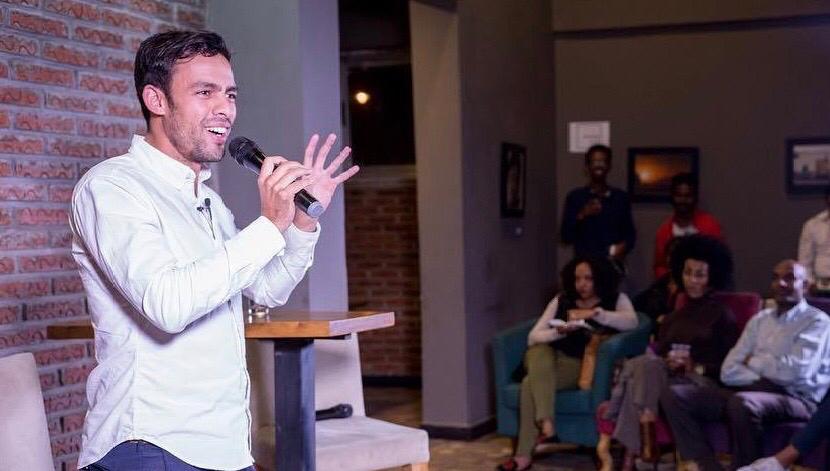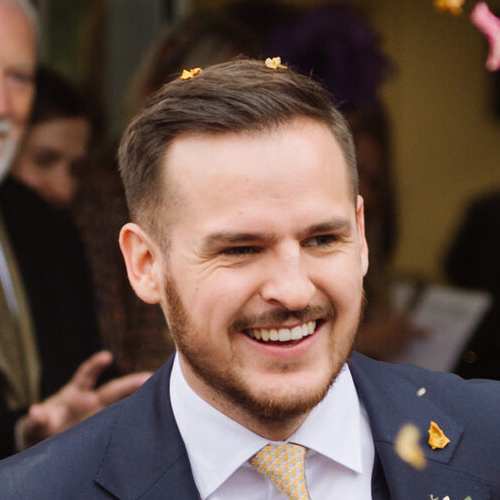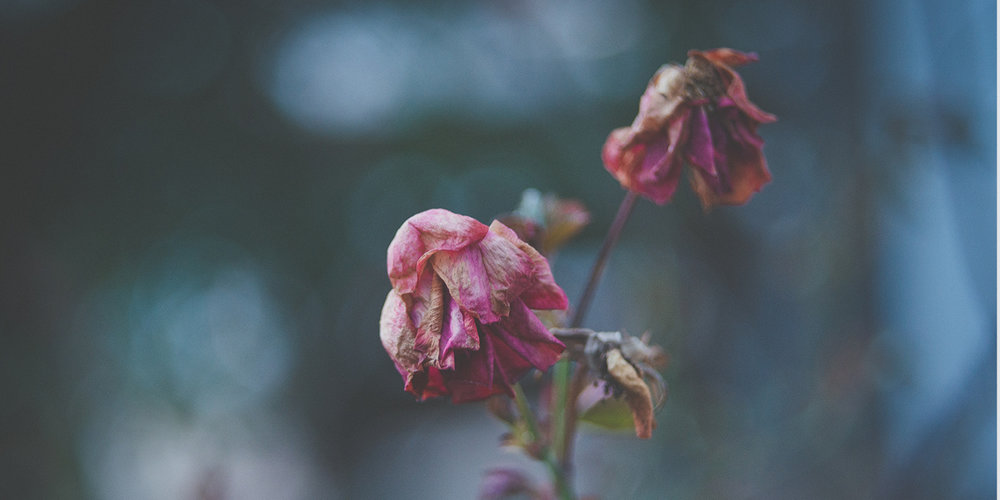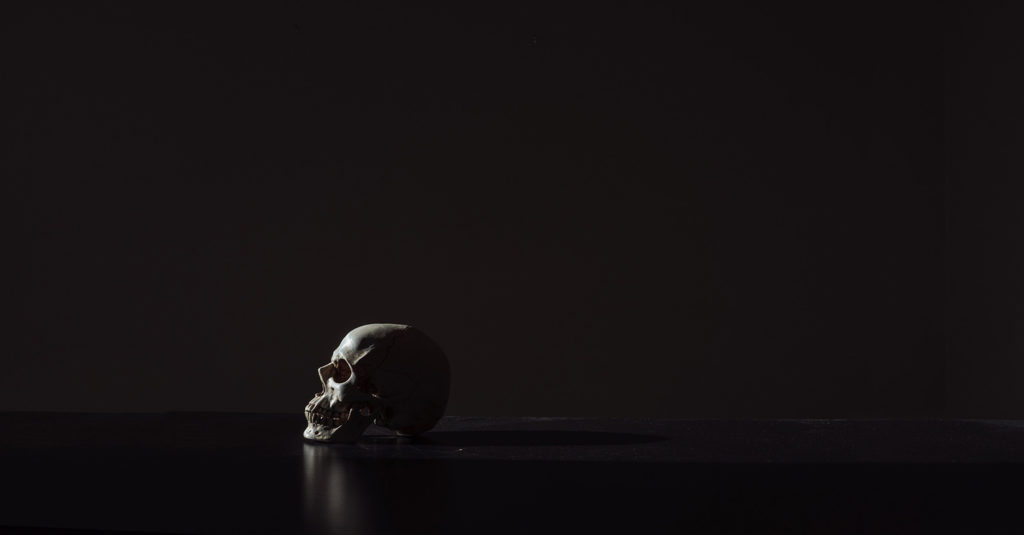Life is pretty good, right? Amazing developments in healthcare and living standards over the last 100 years mean that we are now far less vulnerable to the hardships that have defined most of human history. Our lives are no longer ‘nasty, brutish and short’ but are generally prosperous and long. In fact, life is so good in the West that we are no longer accustomed to confronting the most fundamental fact of life: that our time on earth is finite.
Enter, Coronavirus.
Over the last month, we have seen panic envelop the media and our public consciousness as we witness the spread of this new virus for which, at present, we have no cure. The out-of-control contagion taps into primal fears that we have of epidemics, conjuring images of the Black Death or other such disease outbreaks.
This article is not meant to fuel the panic! In fact (as most of you have probably been informed by a Corona-know-it-all near you) there is good news. The truth is that if you catch the virus, you are most likely to not even need medical care, never mind having to wrestle with death. As of my last check, in the UK only 590 people have caught Coronavirus, of which less than 2% have died. Despite the WHO having classified this as a pandemic, the global toll of Coronavirus doesn’t even come close to normal flu, never mind historic epidemics. To make you feel even better, we can also be reasonably confident that it is only a matter of time until we develop an anti-virus. So, the risks are relatively small. The reality is that death is far more of a threat in our normal day-to-day lives: the bike you ride, the cigarettes you smoke, the pints you drink or the sugar you take in are all far more likely to shorten your life than some bloke spluttering on the tube.
So why are so many panicking?
I think it is because this virus has forced us to think about something we’d rather not: our mortality. Even the sceptics among us will admit that a rampant new disease without cure is a cause for concern (if not necessarily all-out bulk-stockpiling, plastic-box-on-the-head-in-public-wearing blind panic).
Coronavirus is forcing us to consider the fact that we are vulnerable, and that even sitting next to the wrong person on your commute could put you in hospital. While we face mortality every day without thinking about it, this new threat seems to have burst our bubble. We have been reminded that the answer to the question ‘are we all going to die?’ is ‘yes’.
For me, the reality of death was brought close to home two weeks ago today. Not by Coronavirus, but by a car crash. My friend, Caleb Meakins, was involved in a collision in Addis Ababa and, on the afternoon of the 28th of February, tragically died.
When death confronts you like that, you cannot ignore it. It was like a punch in the stomach to those who knew him.
For those of you who didn’t know him, let me tell you: he was an incredible man; kind, funny and a real visionary. The imprint of his life will continue to be felt for a long time.

The son of an English father and Ethiopian mother, his dad died when he was a child, and Caleb took it upon himself to be the man of his household. He took responsibility for his life. In his teens, he started a movement to help guys who wanted to confront the harmful effects of pornography in their lives. At university he began a national community of young people who wanted to change culture for the better. When he graduated from University, he was voted the national “Graduate of the Year”. He then moved to Ethiopia driven by a desire to foster entrepreneurship in the country. In amongst all of this, he also had time to become a YouTube personality, creating viral videos confronting his fear of failure and encouraging diaspora Ethiopians to re-engage with their Ethiopian heritage. He lived his life to the full. It made his death all the more shocking.
Since his death, I have had two questions running through my head. They’re questions which I think subconsciously weigh on many of us, particularly in times of loss (and perhaps during this Coronavirus crisis), even if we don’t acknowledge them.
The first question is, what am I doing with my life?
I think that when we realise life is short, amongst the sadness our reaction is likely to either be fear or motivation.
Caleb knew the frailty of life. He was open about how the death of his father had impacted him and was deeply conscious that his time was limited, and that he did not want to waste it.
The more I realise that life is fleeting, the more I am encouraged to be purposeful and to believe that I can have an impact on this world. In so many ordinary ways, my life can make a difference: from the job I do, to the love I show my wife and family, the faithfulness I show to my friends and the responsibility I take in my community.
Caleb did not waste his life, short as it was. I don’t want to waste mine either. Do you feel that motivation too? Even if you do, do you remain fearful of death? Even the most purposeful life can feel hollow in the face of death, and so this question can leave us feeling unsatisfied.
This brings me to my second question: is there hope beyond death? It’s easy to ignore this question most of the time. But when a friend dies, or when something like Coronavirus hits, it forces you to grapple with it. No matter how purposeful we feel, the reality of death weighs over us. Is there any way we can overcome this fear, or is death the end?
That is the biggest, and scariest, question you will ever consider. It is a question which lurks behind the fear of Coronavirus, and so many of the other anxieties we feel.
My belief, which I shared deeply with Caleb, is that death is not the end. My conviction comes from my faith. I hold to the assurance that this life is only a pale imitation of the life to come. In this I can find hope in the depths of loss; I know that Caleb is now more alive than he ever was on this earth, reunited with his heavenly Father, and his earthly dad.
That is a cause for joy amidst the sadness of missing him.
My belief that death is not final sprung from a simple request I made years ago: ‘God, if you’re real, show me.’ Perhaps Coronavirus, or some kind of loss, has forced you to consider your mortality, maybe even for the first time. My encouragement to you would be to not waste this opportunity. I would challenge you to ask the same questions that I’ve asked. You have nothing to lose, but perhaps everything to gain.




